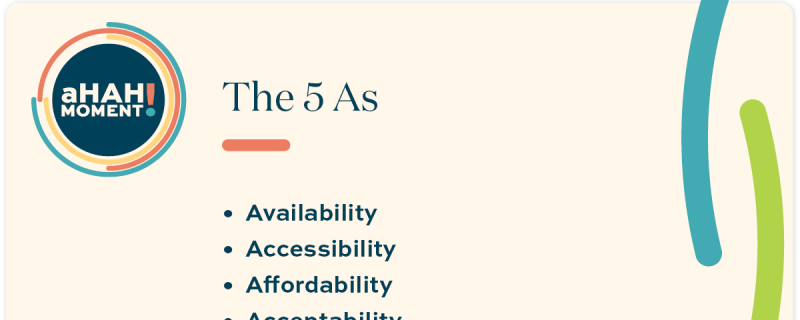Our youth are reporting worsening emotional and mental health, and inequities for young Māori and Pacific peoples are growing. Our article includes strategies and tips that may helpful when a distressed young person presents in primary care.
On 1 March 2023, liraglutide (Victoza brand) became the second GLP-1 receptor agonist (GLP1RA) funded in Aotearoa New Zealand. This article and accompanying algorithm PDF have been developed to help prescribers through the process of starting dulaglutide or liraglutide in eligible patients with type 2 diabetes.
This video is a recording of the live webinar hosted by He Ako Hiringa on 6 March 2023. Drs Sarah Sciascia, Bronwen Chesterfield, Kyle Eggleton and Lucy O’Hagan discuss racism, prescribing bias, cultural safety and pro-equity practice.
This video is a recording of the live webinar hosted by He Ako Hiringa on 23 February 2023. Pharmacist researchers Joanna Hikaka, Nora Parore and Brendon McIntosh explore Māori experiences and perceptions of care for minor ailments, and how to incorporate solutions into your daily practice.
New guidelines were published in 2020, incorporating recent advances in the management of asthma and recognising inequities in asthma care experienced by Māori and Pacific peoples. This article discusses current recommendations from the Asthma & Respiratory Foundation NZ.
FOCUS magazine showcases a selection of our original resources. You can use the educational content featured in FOCUS to identify and reduce barriers that prevent people from accessing the medicines they need.
Managers within healthcare provider services are vital to leading activity that promotes achieving equity of outcomes. Genuine management guidance is crucial to reduce bias and improve the health experience for individuals, whānau, and our communities.
This workbook consists of introductory reading and five distinct modules that encourage you to reflect on your CVD risk assessment and management practices, risk communication, cultural safety, and your engagement with young adult Māori and Pacific patients.
When clinically indicated, empagliflozin can be started in adult patients with type 2 diabetes using the steps shown in this resource (updated 24 Aug 2021).
Talking points, relevant for all patients starting empagliflozin, are provided along with two algorithms and accompanying prescribing notes. Which algorithm you follow will depend on your patient’s level of hypoglycaemia risk.
Pharmac has identified five key drivers of medicine access equity in New Zealand. Read on to learn about the drivers and how you can implement them in your place of work.







